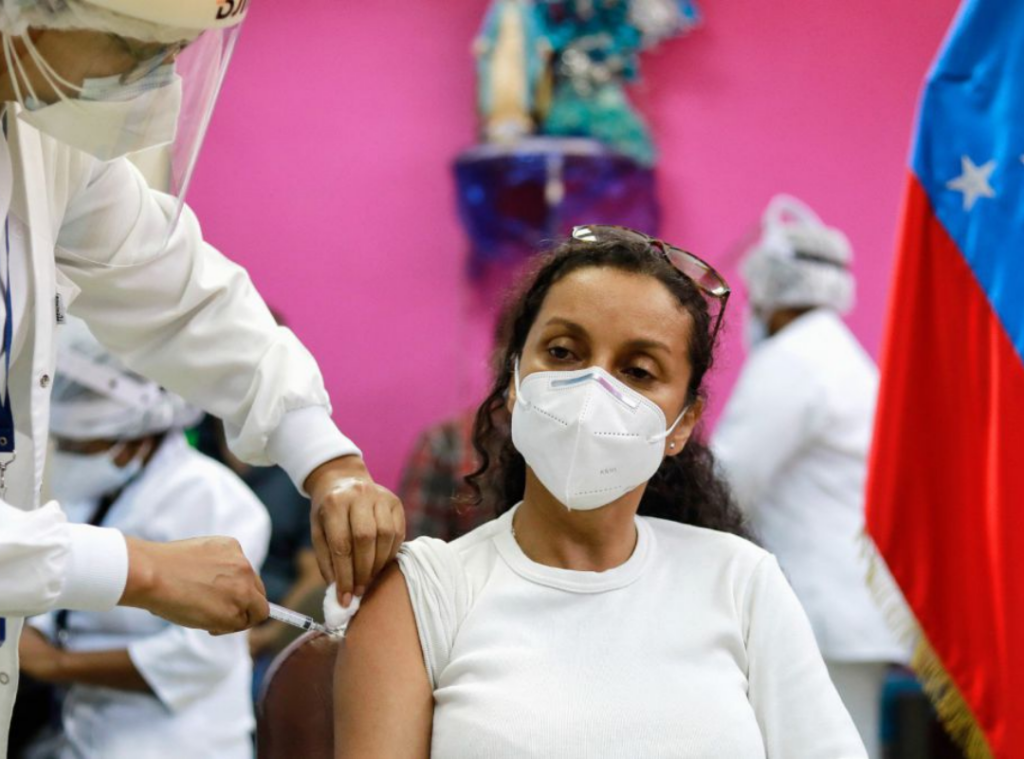The enormous liquidity problems that impacted the banking entities in July 2002 and generated losses of almost 50% of their deposits due to withdrawals by their savers, added to the immediate loss of confidence of their clients, generated a very difficult situation to manage. that in a few months infected the entire Uruguayan system, turning the crisis into a systemic one. As a consequence, several private banks had to close, others had to reschedule deposits by legal means in other institutions (BROU and BHU), and others faced enormous liquidity problems. Twenty years after the most stirring social, economic, and financial crisis in the country and the region, the firm Bragard Abogados reviews and analyzes part of the banking regulations that originated in that event.
Beyond the regulatory solutions that were approved to provide an immediate response to the complex situation and the liquidations of the failed banks through the banking equity systems, other regulations were approved that remain in place to this day.
The genesis of corporate governance for banks
One of the main lessons learned from the financial crisis is the importance for financial institutions to have sound corporate governance and for the regulator to supervise their actions and performance. In fact, it has been concluded that in the Uruguayan case there was a close relationship between non-compliance with corporate governance standards and the performance of the four banks that were suspended by the Central Bank.
As a consequence, the Central Bank strengthened the regulation of corporate governance for banks, creating its Guide to Minimum Management Standards for Financial Intermediation Institutions. The standard included a new management and control structure for banks, that is, a set of practices used to direct, monitor and control the business, in strict compliance with the applicable regulations.
The Central Bank was also empowered to interfere in the organization of the banking entity, being able to require its restructuring, as well as substitutions of its superior personnel.
The inclusion of the banking “whistleblower”
Another innovative response was the incorporation of the duty – which falls on bank employees – to report violations of the laws and decrees that govern banking activity, as well as the general rules and specific instructions issued by the Central Bank. This obligation sought to provide a form of additional external supervision and to have direct and internal information on the diversion of the banking entity.
In order to incentivize and encourage employees to report, they are provided with guarantees regarding their identity and to keep what they report confidential. The bank that retaliates against its employee receives sanctions. Unlike existing “whistleblowers”, there is no economic incentive for the complainant.
Implementation of bank deposit insurance
Until the collapse of the banks, there was no deposit insurance, nor was the State responsible for the non-compliance of non-state financial institutions, which is why the “Bank Deposit Guarantee Fund” was created. The purpose of this fund is to insure deposits made by natural or legal persons from the non-financial sector, in the event of insolvency or liquidation of banks and financial intermediation cooperatives, located in Uruguay.
Bank deposit insurance coverage operates per institution, per person and per currency. In the case of deposits made in national currency, the maximum coverage amounts to 250 thousand indexed units (UI) per person and per institution. For deposits in foreign currency, the maximum coverage is US$10,000 per person and per institution.
Within the framework of the conditions provided for this legal guarantee, the maximum amounts described above may only be modified in the event of changes of such relevance in the economic variables, which are considered relevant for such purposes; for new crisis situations occurring in the future; or at the well-founded proposal of COPAB, as dictated by current regulations.
Expansion of supervisory powers for the BCU
One of the difficulties that the regulator encountered when having to supervise banking entities was the regulatory obstacles to using its powers of information and inspection with respect to third parties, who were not banks, for example, those who provided technological services. In response to this difficulty, the powers of the Central Bank were expanded and extended to cases of activities provided by third parties.
Currently, depending on the service in question, outsourcing may: (i) be prohibited; (ii) be subject to prior authorization from the Superintendence of Financial Services of the BCU, and which may be express or implied, depending on the authorized activity and the place from which the services are provided; or, (iii) be freely contracted, without the need for prior authorization from the BCU, according to a list of services issued by the institution.















